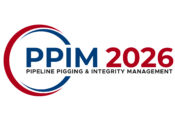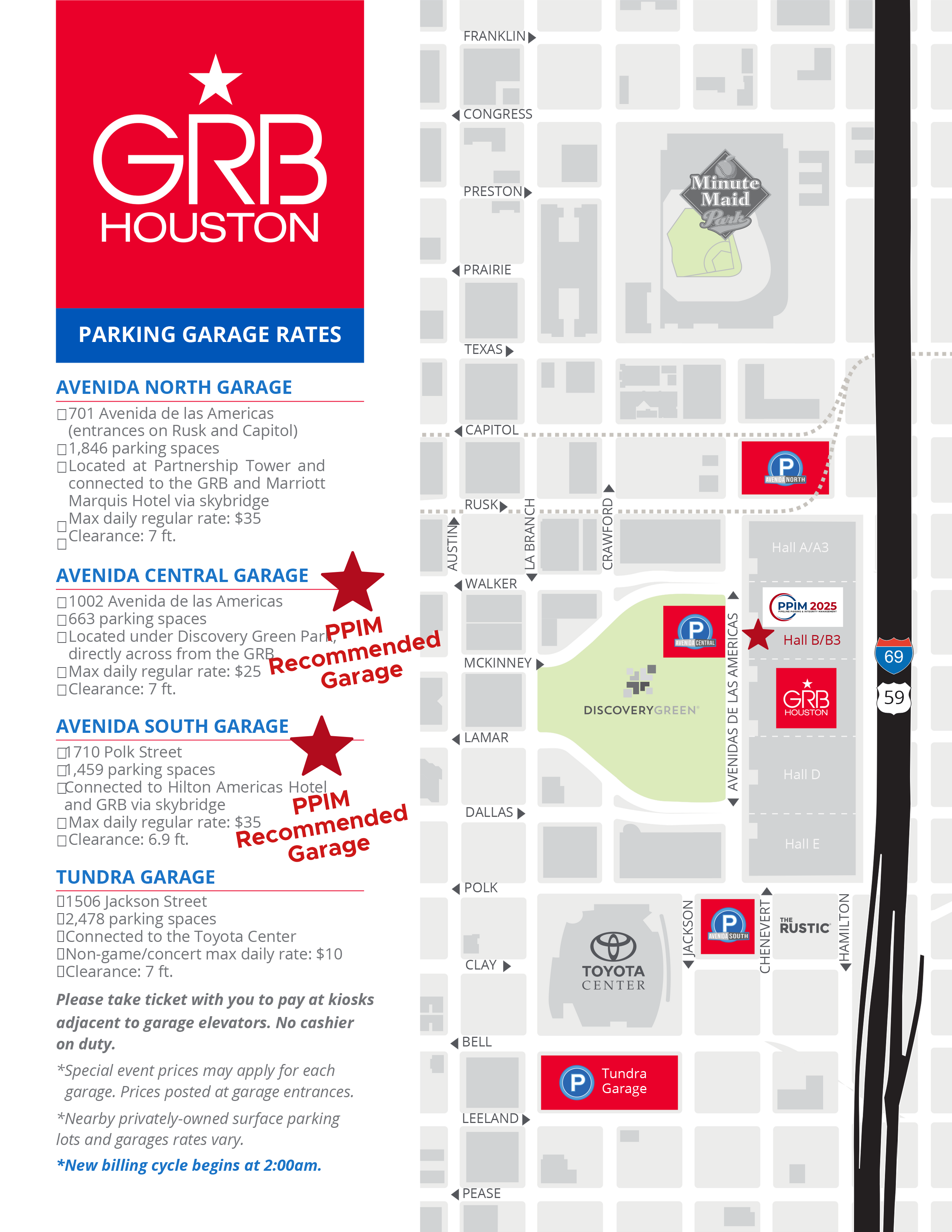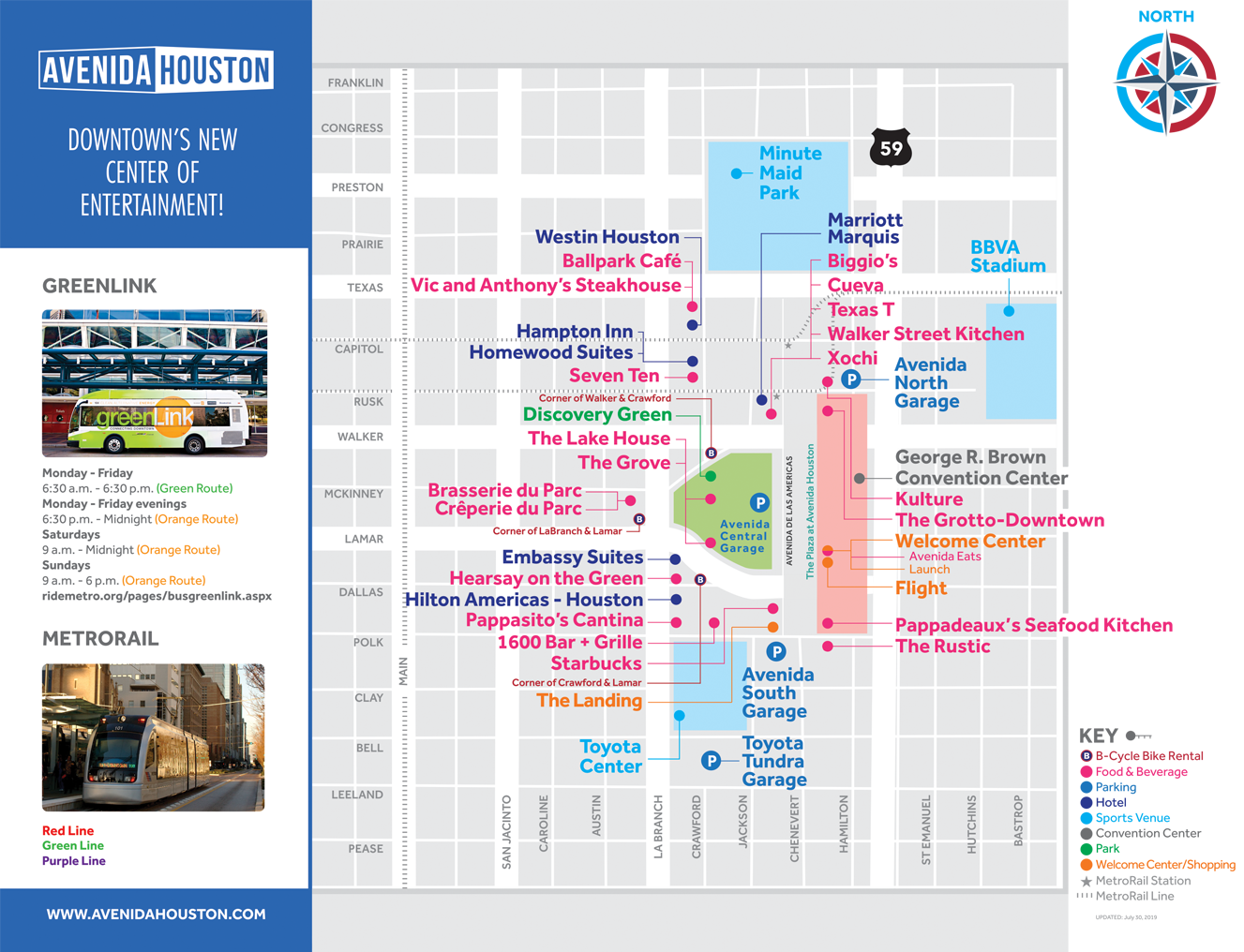Note: this course was formerly titled “Excavation Inspection & Applied NDE for Pipeline Integrity Assessment”
COURSE SCHEDULE (both days)
7.30: Registration, breakfast, coffee
8.00 – 5.00: Course
It will be necessary to bring a laptop to this course.
There are really only three methods to monitor, detect and manage time dependent threats (EAC’s, Internal and External Corrosion) along onshore, buried sections of line pipe steels. They are commonly known in the “industry” as the following:
- Direct Assessment (DA), including investigative excavations (Step 3 – direct examination – DEx).
- In‑line inspection techniques and varying technologies with verification investigative excavations (DEx). In-line inspection techniques presently require the completion of an excavation (DEx) to confirm the presence and severity of the threat.
- Hydrostatic testing. Hydrostatic testing is the only known method to eliminate existing injurious axial flaws from a pipeline.
CONTENT AND LEARNING OBJECTIVES
The two-day course is separated into the following sections based on ILI and DA (independently or combined) and related data integration and documentation from Excavations, Visual Inspection of pipe conditions and applied NDE techniques:
- Discussion on the selection of DA and/or ILI tool technologies
- Integration and detection capabilities
- Understanding DA and in direct survey tool specifications
- Understanding ILI Tool Specifications
- Introduction into NDE technologies and the application of such technologies on the various anomalies found on a pipeline.
- Understanding ILI Analysis for Excavation Purposes (i.e. Signal to Signal vs clustering)
- Understanding DA data integration
- Continuous survey – traditional and non-traditional techniques
- Integration of multiple data sources and predictive outcomes
- Generalized Excavation Process Reporting / Documentation Required for Excavation Correlation (ILI and DA)
- Site Selection experiences
- Obtaining and validating the correct location
- Correlation of ILI /DA data inputs with Field Findings
- Pipe preparation for NDE
- NDE inspection methodologies – existing and emerging
- ILI and DA NDE method and related tolerance
- Technician tolerance for ILI
- Technician decision making for DA direct examination findings
- Report documentation of Target Joint and Target Anomaly
- Report documentation of Secondary/Associated Anomalies (i.e., manufacturing stable threats)
- Validating ILI /DA Findings
- How to leverage the data system wide
- Review of Remediation Options
- Review of documentation for record keeping purposes – systematic and consistent
CONTINUING EDUCATION UNITS
Upon completion of the course, participants will be awarded 1.4 CEUs.
COURSE DOCUMENTATION
Complete course presentation material will be available as a PDF download prior to the course.
INSTRUCTORS
Jim Marr is President of Marr Associates Pipeline Integrity Ltd. Marr Associates has been in the pipeline integrity business since 1986. He was the SCC Program Planning Manager for TC Energy from late 2008 to 2016. Jim has worked in pipeline integrity for the past 37 years, focusing on SCC, external corrosion, direct assessment, direct examination, ILI development and correlation, data management and integration and the characterization of the environment around the pipeline. He graduated with a degree in earth sciences in 1986 from the University of
Guelph, Ontario. He is a member of NACE and a past vice-chair of the NACE SCCDA committee.
Rick Desaulniers is currently Principal Technical Advisor, ILI for Entegra. Rick has been in ILI Data Analysis/Pipeline Integrity world since 1988. He has held manager and director positions in current and past ILI companies. Past experiences have put Rick in unique situations, a reviewer of the first POF (Pipeline Operators Forum) edition of the Specifications and Requirements for ILI of Pipelines (1995), committee member for the development of ANSI/ASNT ILI-PQ, API1163 and API1183 documents. He graduated with a BSc degree in Geology in 1988 from McMaster University in Hamilton, Ontario.
Spencer Fowler is currently Quality Integration Leader at GeoCorr. He brings 25 years of experience from the ILI & NDE service provider industries. Prior to working at GeoCorr, Spencer worked for a large NDE service provider managing Pipeline Integrity Technicians performing integrity digs for multiple pipeline operators. He was responsible for technician training, technician field audits, metrics, and compliance.



